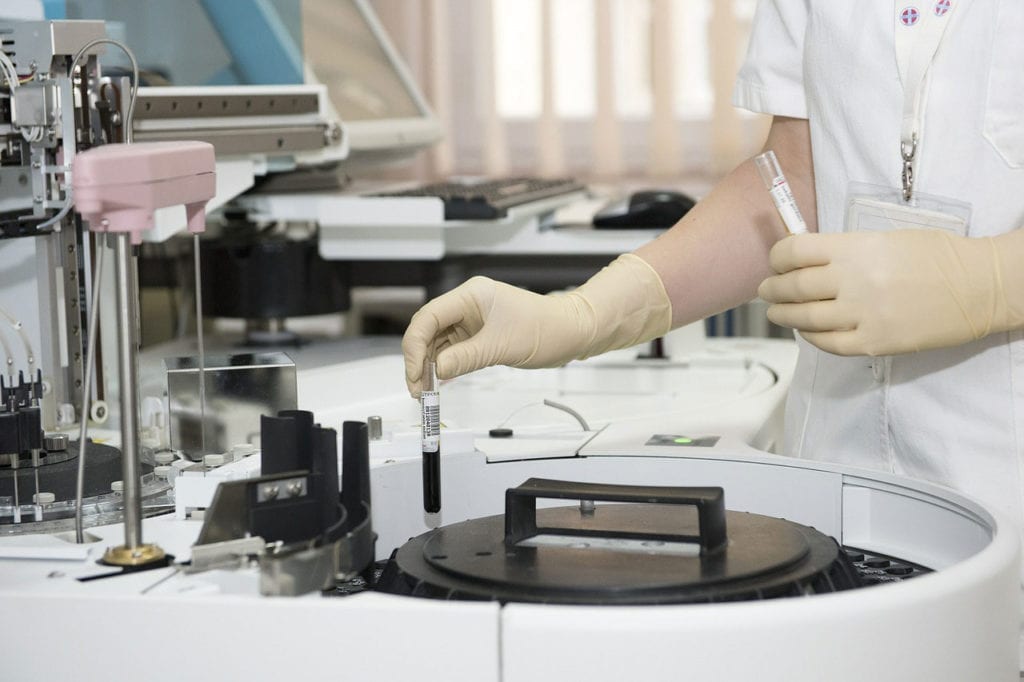Loxo Oncology has shared interim clinical data from an ongoing study of the drug LOXO-292. The study, a Phase 1/2 clinical trial, involves patients with RET-mutant medullary thyroid cancer, as well as patients who have RET fusion-positive thyroid cancer. To read about these results in more detail, you can view the source press release here, at Loxo’s website.
About Thyroid Cancer
Thyroid cancer is a rare form of cancer that affects the thyroid, a small gland at the bottom of the neck that’s involved in producing hormones. There are several types of thyroid cancer, one of which is medullary thyroid cancer (MTC, many patients in the study had a subset of this form). Some thyroid cancers are associated with genetic changes to RET kinase, and, according to Loxo’s announcement, ~60% of MTCs have activated RET point mutations.
About LOXO-292
LOXO-293 is an investigational drug that’s being researched as a possible treatment for cancers that involve changes to RET kinase, including a subset of patients with thyroid cancer. The drug is being tested in an ongoing phase 1/2 trial called Libretto-001. This study is made up of a Phase 1 escalating dose portion, and a Phase 2 expanding dose portion. Researchers are trying to determine the best or maximum dose, and will also look at safety, duration of response, and overall response rate.
Findings
The interim results are based on 38 patients, 29 of who have RET-mutant MTC, and 9 of who have RET fusion-positive thyroid cancer. All patients had been heavily pre-treated before the study, and, since joining the trial, had been followed up for a median duration of about eight and a half months.
The overall response rate for the patients with RET-mutant MTC was 56% (15 of the 29), two of which were complete responses and thirteen of which were partial responses. There are also two more patients who are thought to have achieved partial responses but are still awaiting confirmation from assessments.
Seven of the nine patients who have RET fusion-positive thyroid cancer have shown partial responses (78%), and one more patient may have tumour regression.








